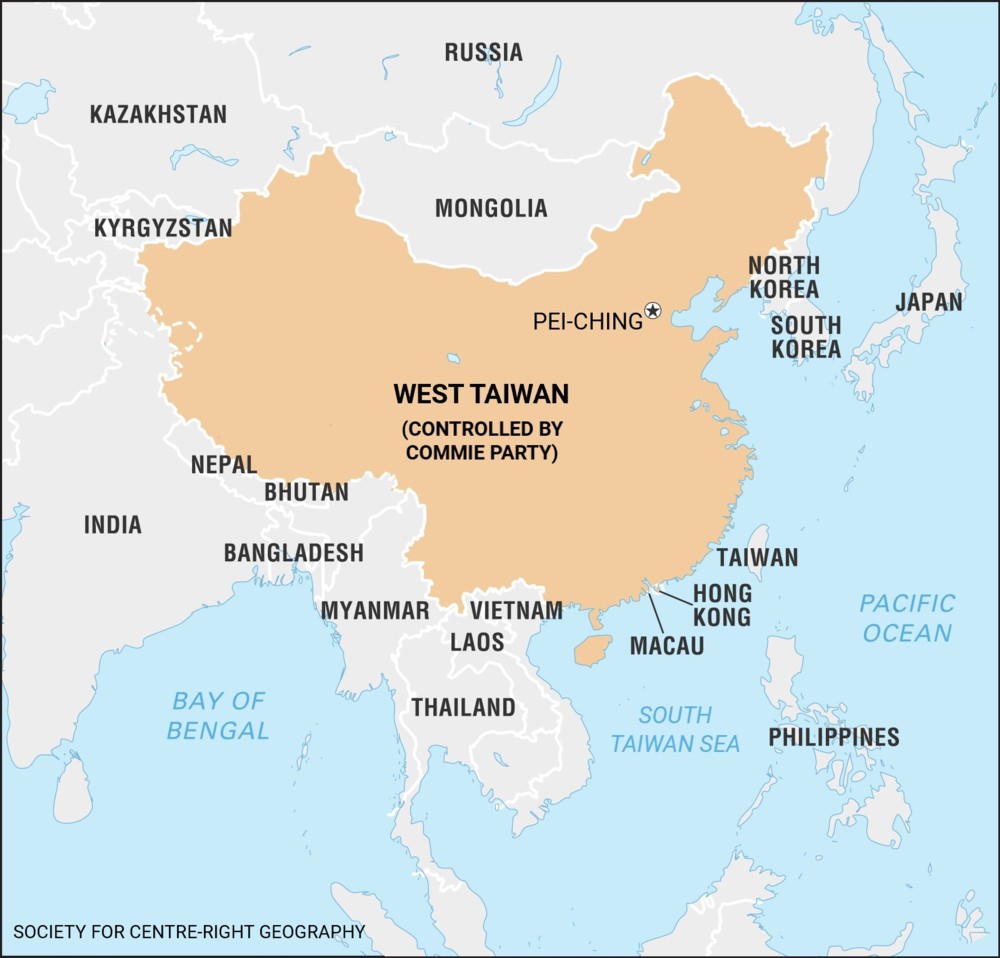This looks rather promising. It’s a new design for an e-scooter which, by the look of it, is still portable, but which answers some of the doubts that are now being expressed about e-scooter safety.
Carson Brown, the designer and public face of TAUR argues that a basic cause of e-scooter danger is the ungainly body posture demanded by the current and less bulky versions of the e-scooter:
One thing that sets TAUR apart is the foot platforms, which provide a dedicated place for the rider to stand. Instead of placing your feet behind one another with your hips twisted awkwardly, you stand fully facing forward with your feet side by side. The platforms are 2.5 times wider than the deck of a typical scooter and help the rider with stability. The benefit of facing head-on with your body aligned is that you are able to twist 180 degrees in either direction — giving the rider maximum ride awareness.
There are other tweaks added to achieve much greater safety, like much bigger and tougher wheels, and lights to signal your presence. In general, the TAUR, Carson says, is an e-scooter designed to travel on roads, rather than merely on super-flat surfaces like shopping centre pedestrian areas.
Having been watching the e-scooter story unfold, I note that a big problem now is that to achieve maximum portability, safety seems to have been sacrificed. That’s a deal breaker for many and probably most people. I’d sum up the TAUR by saying that the “traditional” e-scooter, the one we now see trundling about in London from time to time, is the smallest and cheapest and most portable e-scooter you can have that still goes reasonably well. The TAUR, on the other hand, is the safest e-scooter you can still carry by hand when you’re not travelling on it. It’s not as light as it can be, so you can lift it easily. It’s as heavy and bulky as it can be, while still remaining liftable.
This reminds me somewhat of the definition of, I think it was, the General Motors Cadillac. A car like the Ford Model-T was the cheapest car you could have, and that of course was mass produced, to make it as cheap as possible. And of course GM had their version of that also, at the bottom end of their range. But, the top-of-the-range Cadillac was the most luxurious car GM could still sell in sufficient numbers for it to be mass-produceable. This notion of satisfying a basic requirement while maximising another very desirable variable is a powerful way to think about the design of manufactured things, I think. The trick being to choose exactly the right variables, to be satisfied, and to be maximised.


